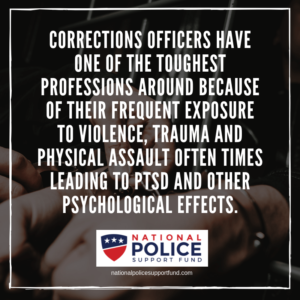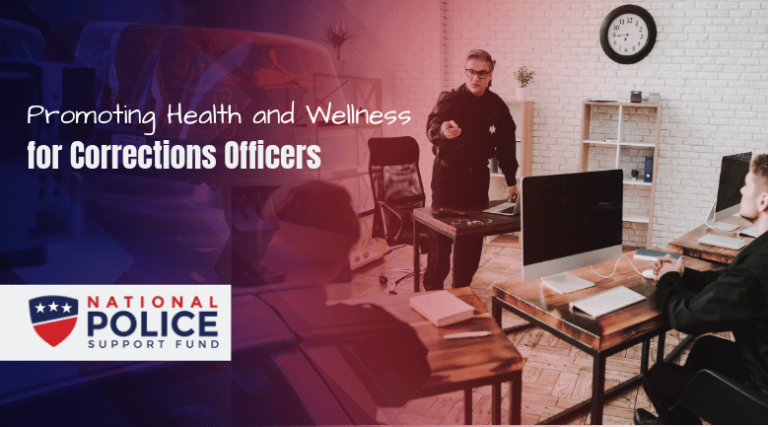Corrections is one of the toughest professions around. There are few other lines of work in which exposure to violence, trauma and physical assault are so prevalent. As we have discussed previously, the dangers of the job for corrections officers lead to high rates of negative psychological effects such as PTSD, depression and unhealthy levels of stress. These risks are why it is so important that correctional officers receive the resources and support they need to reduce and alleviate the negative psychological effects that inevitably come with working in prisons.
Health and Wellness for Corrections Officers
Below are just a few examples of ways corrections officers and their employers can help mitigate the psychological effects of the corrections profession and promote overall health and wellness for corrections officers.
Combating Fatigue
Corrections officers often work long shifts and take on large amounts of overtime due to high employee turnover rates. Fatigued officers, however, may be more lax when it comes to safety due to long hours in a high-stress, dangerous job. That is why experts recommend that prison administrators do everything in their power to ensure that correction officers have time to regroup and rest between their shifts.
Peer Support Programs

Peer support programs for corrections officers are an effective way to help mitigate the psychological effects of the job. It is difficult for outside parties to truly understand the stress that comes with being a corrections officer. Peer to peer programs allow officers to seek help and support from their colleagues who experience the same stress and trauma. Peer to peer programs also help corrections staff to anticipate and address job-related difficulties instead of merely responding when an officer faces a crisis.
The most important way to address the psychological problems among correctional officers is to be proactive. Resources such as peer to peer support programs are examples of proactive wellness programs, but the sad reality is that a stigma still exists within the law enforcement community around asking for help. Think about it: to be a corrections officer is to be ‘tough, brave and strong’. In the minds of many officers, asking for help is a sign of weakness and ineffectiveness. However, if left unchecked, the psychological toll of the job for corrections officers could ultimately lead to a crisis and almost certainly will lead to long-term health problems such as heart disease, high blood pressure and even clinical depression.
Working as a corrections officer is an incredibly stressful profession. Being proactive about mental health is critical to ensuring that corrections officers address the long-term psychological effects of their job. Indeed, mental health and wellness for corrections officers is just as important as physical health for all members of the law enforcement community.









